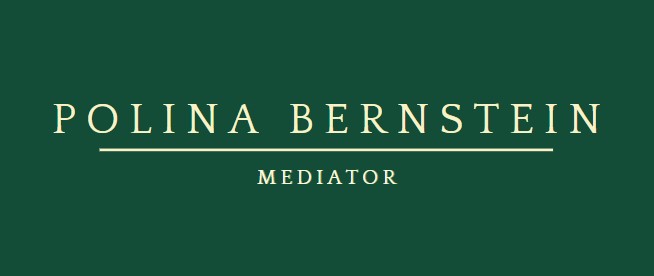A new appellate court decision has set out the procedural method for how a defendant must request costs when it is the prevailing party in a case involving FEHA claims. In Neeble-Diamond v. Hotel California By The Sea, LLC, certified for publication on February 5, 2024, the trial court awarded costs of over $180,000 to the defendant employer, Hotel California By the Sea, LLC (“Hotel California”) after a jury concluded the plaintiff employee (“Plaintiff”) was an independent contractor rather than an employee. After the court entered judgment in its favor, Hotel California filed a motion for attorney’s fees, which the trial court denied, holding that it failed to demonstrate that Plaintiff’s claims were frivolous. Hotel California also filed a memorandum of costs seeking over $180,000, which the court granted after Plaintiff failed to file a motion to tax costs.
The appellate court reversed the trial court’s costs award, holding that, as with attorney’s fees, costs may only be awarded to a prevailing defendant in a lawsuit involving FEHA claims where the defendant establishes that the plaintiff’s claims are frivolous. The appellate court also disagreed with Hotel California’s argument that Plaintiff forfeited her argument by failing to file a motion to tax costs, determining that Plaintiff had no obligation to do so and stating: “While the prevailing defendant in an ordinary civil case is entitled to an award of statutory costs as a matter of right—and the filing of a cost memorandum is the proper means of securing a cost award in such cases—a different rule applies to a defendant in a FEHA case: the court has discretion to make such an award, but it must first make a finding that the plaintiff’s FEHA claims are frivolous.”
What is particularly interesting about this decision is that the plaintiff also asserted a claim of retaliation pursuant to Labor Code section 1102.5 and wrongful termination in violation of public policy, and her FEHA claims were arguably not the central part of her case. This decision underscores that whenever a plaintiff asserts FEHA claims in addition to other claims, the prevailing defendant must make a showing of frivolity to recover both fees and costs.
Given the high burden associated with a court finding that a plaintiff employee’s claims are frivolous, defendants in employment cases are unlikely to be awarded prevailing fees and costs in the vast majority of cases. In light of the high cost of litigation with little chance for recovery of fees and costs for a prevailing defendant, mediation can often provide an efficient and cost-effective method to reaching a resolution in such a case.
For suggestions on best practices for preparing for a mediation, please click here.
